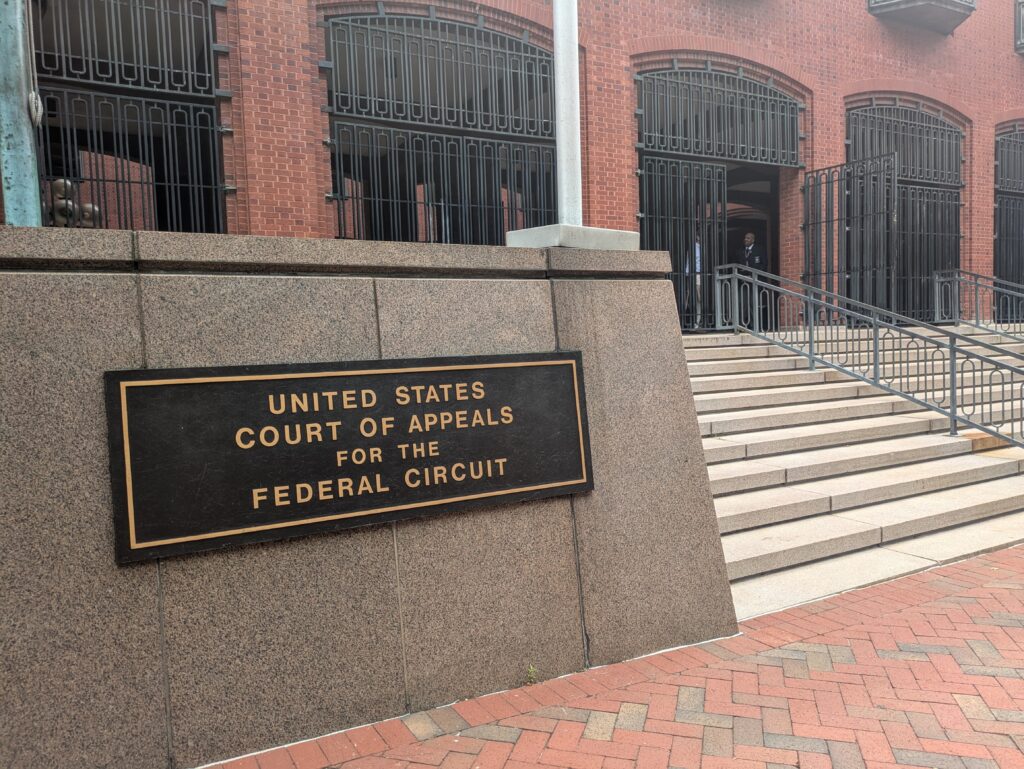The U.S. Appeals Court for the Federal Circuit recently cast a skeptical eye on former President Donald Trump’s use of emergency powers to impose sweeping Trump Tariffs, setting the stage for a critical Judicial Review of presidential authority. This high-stakes legal battle challenges the very foundation of the executive branch’s reach in matters of Trade Policy and national security, with judges probing the nuanced application of the International Emergency Economic Powers Act (IEEPA).
At the heart of the controversy are consolidated lawsuits initiated by numerous business owners and a coalition of Democratic state attorneys general. Their central contention revolves around whether the president possesses the inherent authority to levy tariffs under the IEEPA Authority, a law primarily designed for economic emergencies, without explicit congressional approval. The ongoing deliberation in the appeals court seeks to define the boundaries of executive power concerning economic measures.
During nearly two hours of intense questioning, an 11-judge panel rigorously examined arguments presented by both sides. The U.S. Department of Justice vigorously defended the administration’s actions, asserting that the IEEPA stands as one of the most potent instruments available for safeguarding the US Economy and national security during times of perceived crisis. This perspective underscores a broad interpretation of presidential discretion.
Conversely, challengers, led by Oregon Solicitor General Benjamin Gutman, maintained that Trump’s rationale for invoking the IEEPA—specifically, persistent U.S. trade deficits—did not meet the stringent criteria for a genuine national emergency. Judges, including Jimmie V. Reyna, expressed significant concern that the IEEPA statute itself does not explicitly mention “tariffs,” suggesting Congress had a distinct framework for such duties when drafting the law. This highlights the crucial debate over statutory interpretation.
President Trump notably became the first president to trigger tariffs under the 1977 IEEPA, initially citing illegal fentanyl smuggling from Canada, Mexico, and China as a national emergency. Subsequently, he broadened the scope to include trade deficits, initiating what he termed “reciprocal” import taxes globally. This expansion of presidential power under a non-tariff-specific statute raised immediate legal and economic alarms.
The economic repercussions of these Trump Tariffs have been a significant point of discussion. Analyses from entities like the Yale Budget Lab project substantial costs for American households, estimating an average effective tariff rate at its highest since 1933. The Tax Foundation, a right-leaning think tank, further indicated that nearly 75% of imported foods would be impacted, with European Union products facing the brunt, sparking widespread concern among businesses and consumers about the stability of the US Economy.
The case has garnered wide-ranging support from across the political spectrum, with both Democratic members of Congress and the libertarian CATO Institute filing amicus briefs that question the constitutionality and statutory basis of the tariffs. Brent Skorup, a CATO legal fellow, drew parallels to President Biden’s student loan forgiveness attempt, noting the shared challenge of a vague statute being used in an unprecedented manner for a major economic event.
The outcome of this Federal Appeals Court ruling carries immense implications, not only for the future of Trade Policy but also for the balance of power between the executive and legislative branches. It underscores the ongoing tension surrounding presidential emergency declarations and the extent to which the judiciary can exercise Judicial Review over such weighty economic decisions. The ultimate resolution will likely shape future administrations’ ability to unilaterally impose economic measures.






Leave a Reply